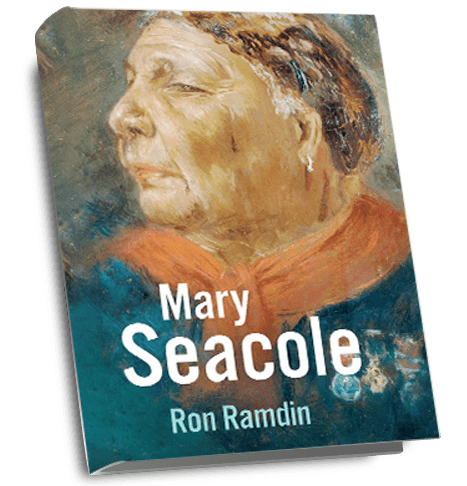The statue of Mary Seacole, sited at St Thomas’ Hospital directly across the Thames from Big Ben, was unveiled by Baroness Floella Benjamin OBE on 30 June 2016 in front of over 300 guests. It is the first statue of a named black woman in the United Kingdom.
The statue was funded through donations from thousands of individual supporters, as well as from a small number of larger donors. The Chancellor of the Exchequer also provided a grant from LIBOR banking fines towards the installation of the statue.
The statue is important in symbolising Mary Seacole’s contribution, particularly as a nurse, and of black and minority ethnic (BAME) people to British society.
But we see it as much more than just a memorial. We intend the statue to be a powerful influence for good, harnessing the positivity arising from the renewed awareness of Mary Seacole and creating lasting benefits for society.
Our vision
We want British society to become fairer, more inclusive and more harmonious. We believe that overcoming exclusion and increasing participation by promoting equality of both opportunity and outcome within organisations will help to accomplish this as well as inspiring good citizenship amongst the younger generation.
Our mission
To realise our vision, we will promote Mary Seacole and her life to inspire and encourage people to be compassionate, entrepreneurial and hard working. We will use Mary’s role as a nurse to promote the value of the NHS and the work of nurses today, including those working in difficult and challenging environments.
The aims of the Mary Seacole Trust are:
To educate and inform the public about the life, work and achievements of Mary Seacole, the Jamaican-born nurse who overcame racism and injustice and nursed soldiers during the Crimean war.
To ensure the maintenance of the permanent public memorial to Mary Seacole in the garden of St Thomas’ Hospital.
To promote Mary Seacole as a role model, supporting those involved in tackling social challenges or inequality, with a focus on young people and the promotion of good citizenship, entrepreneurship and achievement.
To build on the legacy of Mary Seacole and campaign for fairness and equality, promoting diverse leadership in private and public service including, although not limited to, the NHS in the UK.
Our values
We:
welcome and encourage diversity
are inclusive and value peoples’ contributions
are positive but not afraid to challenge
are outward looking and responsive
use resources effectively to improve our performance
Our history
The Mary Seacole Trust originated as the Mary Seacole Memorial Statue Appeal, established in 2004. The charity was set up to educate the public on the life, work and achievements of Crimean War nurse Mary Seacole, including erecting a statue capturing her spirit, whilst also emphasising the importance of the nursing profession.
The Mary Seacole Memorial Statue Appeal formally changed its name to the Mary Seacole Trust on 1 November 2016. The transition was publicised by a launch event at the Black Cultural Archives in Brixton in June this year.
Funding
The Mary Seacole Trust is extremely grateful to Guy’s and St Thomas’ Charity for the significant grant of £50,000 that has enabled us to consolidate our renewed focus and work toward our goals.
We are developing a Sustainability Plan to ensure reliable funding streams for all elements of the programme. The plan covers the use of social media to drive individuals’ donations, applying for appropriate grants and developing corporate partnerships. For example, we will introduce a “Seacole Baton” initiative, which will see the introduction of organisations holding the Seacole Baton for, say, a year. Baton holders will raise funds and increase awareness of Mary Seacole and our work.
Our Programmes
We are working with our partners to implement two programmes:- (1) An education programme and (2) a diversity in leadership programme. Our priorities are to develop: the Mary Seacole Trust website, an exhibition about Mary Seacole at the Florence Nightingale Museum and a project, working with the NHS, to increase diversity in senior management.



